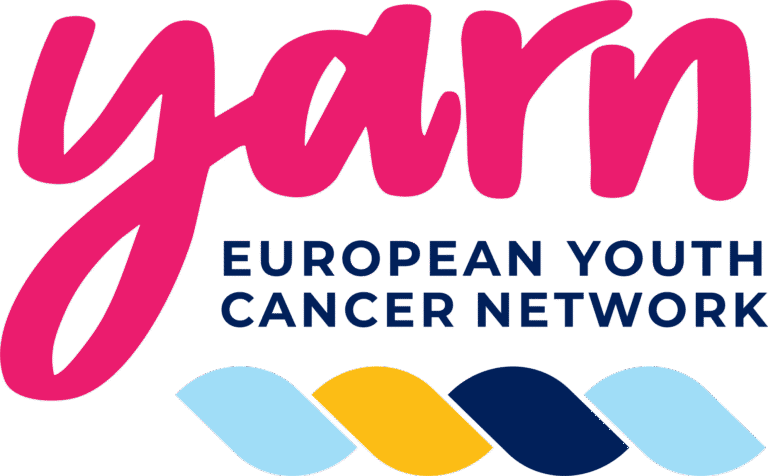
Background & aim: Public and Patient Involvement and Engagement (PPIE) in research is still a poorly understood and infrequently practised concept, although the literature stresses clear benefits for quality of care and research as well as patient satisfaction and empowerment.
This project aimed at using different PPIE methods to evaluate the current state of knowledge about and attitude toward PPIE in research among different stakeholders of pediatric oncology in Europe. Based on the findings a tailored training tool directed toward the different stakeholders will be designed.
Methods & results: An interdisciplinary steering group investigated the current knowledge and attitudes about PPIE using a Europe-wide cross-sectional online survey directed toward health care professionals (HCPs, n = 134) and the patient group (patients, survivors, family members, …) (n = 168).
In a live workshop with n = 36 participants (HCPs and patient group), dual moderation teams (HCPs and patient experts) guided the exploration of effective ways for practising PPIE.
Despite classifying PPIE as relevant, both HCPs and patients indicated a low level of knowledge about the concept and terminology. While HCPs assumed to already be involving patients in many research areas, this was not perceived by the patient group. HCPs and patients named similar obstacles to implementing PPIE in research, though numerous creative solutions were found during the workshop. The outcomes were integrated into a training tool (White-Board movie).
Conclusion
Although HCPs and patients acknowledge the benefit of PPIE, the presented results highlight the lack of awareness about the concept, and the need for effective tools for researchers to integrate PPIE throughout the entire research process, thereby contributing to a sustainable change within the scientific culture.








Comments
Thank you. Comment sent for approval.
Something is wrong, try again later